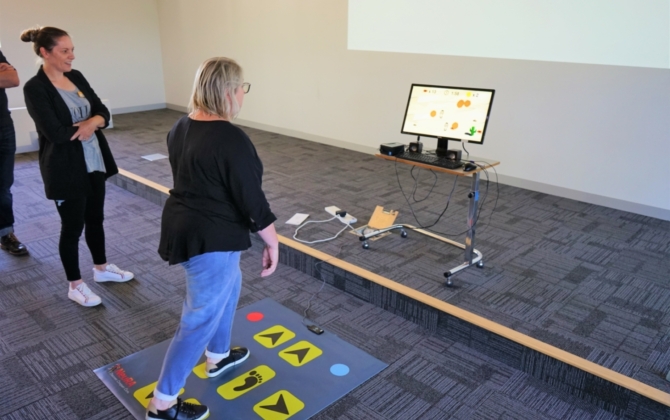Jump to
Older people with cognitive impairment/dementia have a higher prevalence of hip fracture and poorer outcomes after hip fracture when compared to cognitively normal older people. A recent Cochrane review has reported low to very low-quality evidence in relation to the effectiveness of models of care including enhanced rehabilitation strategies for people with cognitive impairment/dementia and that none of the interventions were specifically designed for people with cognitive impairment/dementia. There was some suggestion that enhanced care and rehabilitation may reduce delirium and an orthogeriatric model of care may reduce length of stay. This Cochrane review suggested that research should seek to determine the strategies needed to improve outcomes in people with cognitive impairment/dementia who sustain a hip fracture.
The Australian and New Zealand Hip Fracture Registry (ANZHFR) is a clinical audit of hip fracture care. The data collected is used for benchmarking against the national quality indicators for hip fracture and to understand clinical variation between hospitals and states. Describing clinical variation in care provides a strong impetus to improve care. The ANZHFR has presented minimal data comparing people with and without cognitive impairment/dementia (e.g. access to rehabilitation). Understanding clinical variation in care provided to people with and without cognitive impairment/dementia may assist in designing effective intervention strategies for this group of high risk patients. This study will therefore compare care provision and performance against national quality care indicators in people with and without cognitive impairment/dementia who have sustained a hip fracture.

